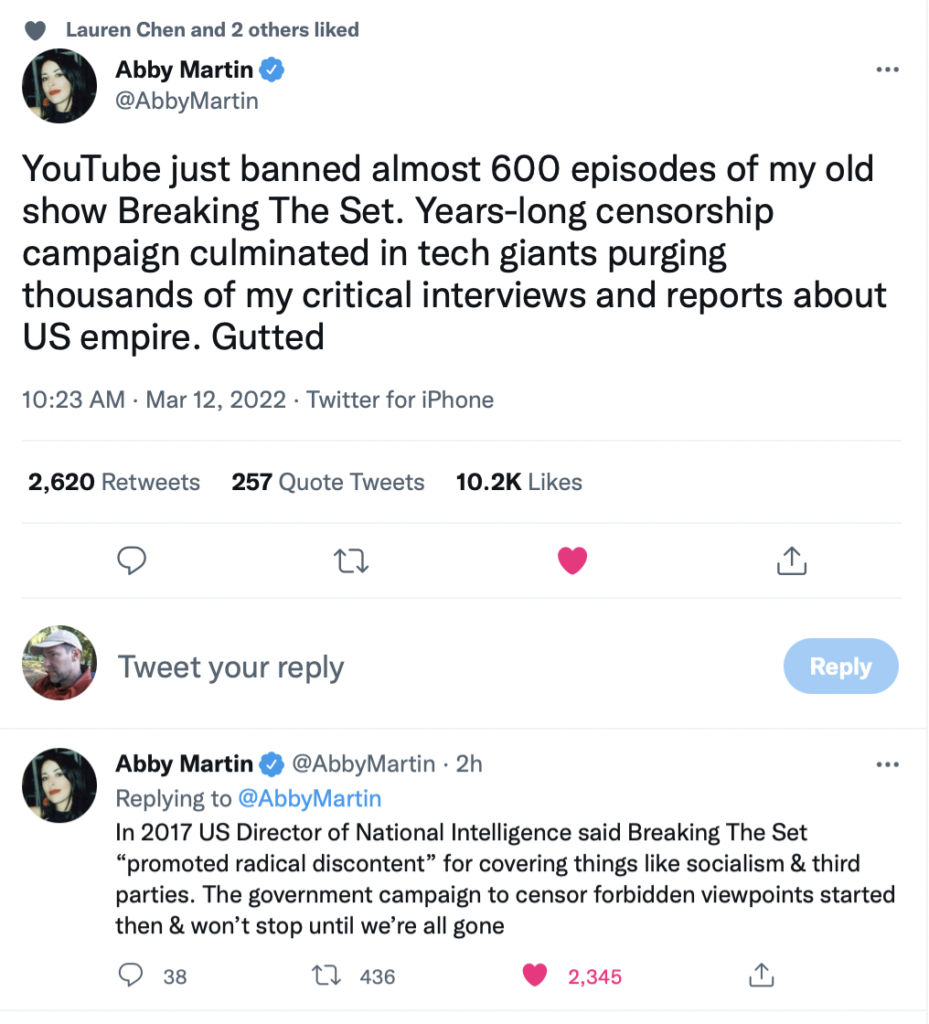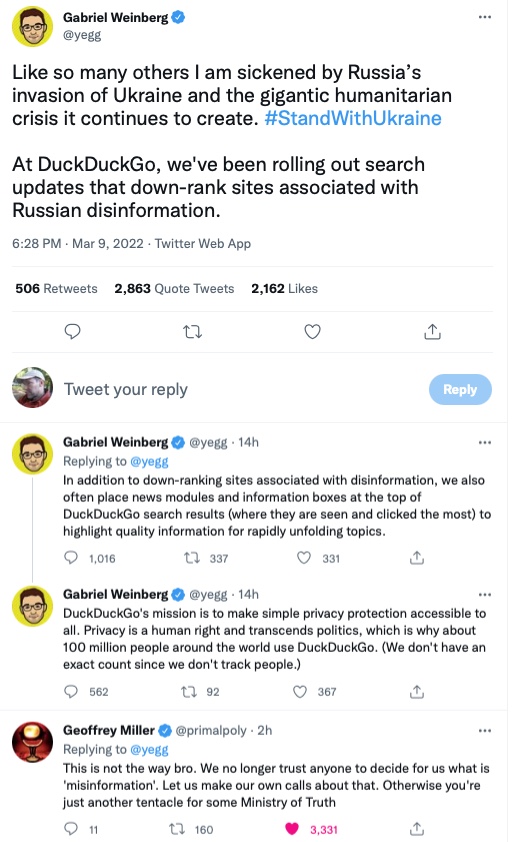How to Be a Human Animal, Chapter 23: What Are You Supposed to Do with Your Life on Planet Earth?
Even though you are a hypothetical baby, you will need to start figuring out what you are going to do with your presumably long hypothetical life. That is today's topic.
Louis CK has a bit where he says that older people like me have it easy, because we have most of our life behind us—maybe I’ll only need to buy one more coat in my last 25 years or so. A youngster like you, however has a ton of decisions to make over a period of decades, so how will you make use of this life you have been given? I'm trying to teach you things that I did not know while I was growing up, but I’m out of my league here. This will totally be your life, not mine at all. I’m only here to offer some navigation tools, not a purpose, not a “meaning of life” for you. By the way, all of these lessons (soon to be 100) can be found here.
But, again, we need to focus on your personal challenge: what you should do with your life. Perhaps this will remain a nonstop question until you reach old age and look backwards. Yes. I'm sure of it. It would be too damned hard to answer this question when you are young, even when you are a young adult, because you will have no basis for making even a wild guess. You’ve barely started out and the rate of change of culture and technology has reached dizzying speeds lately. And it's really not fair to ask this question to someone who has never before lived a life. But people will ask you over and over and you'll probably say something. What will you say? Cat Stevens asked the question in a song that I love:
Oh very young
What will you leave us this time?
You're only dancing on this Earth for a short while
Oh very young,
What will you leave us this time?
The Cat's song made it sound like Life will be happy travels, but it might not be happy at all. You’ll find out, of course, but only by taking one step after another. And another and another, and then you’ll look back. And you’ll look in your mirror. And you’ll squint as you look forward. And you’ll look back again and again and it might or might not make any sense. You might love your life or you might hate it. You might even commit suicide. I wish you the best, of course, but this is not a rehearsal. You are now using live ammunition. As Shakespeare wrote in MacBeth, this is a tale told over and over. It's only fair that I tell you that life can be wonderful or dangerous (or some combination) and it has sad endings for many of us:
Tomorrow, and tomorrow, and tomorrow,
Creeps in this petty pace from day to day,
To the last syllable of recorded time;
And all our yesterdays have lighted fools
The way to dusty death. Out, out, brief candle!
Life's but a walking shadow, a poor player,
That struts and frets his hour upon the stage,
And then is heard no more. It is a tale
Told by an idiot, full of sound and fury,
Signifying nothing.
If you are lucky enough to get old and if you then look back at your life, you still might not understand why you did the things you did. Writer Harlan Ellison arrived at no such insights:
[My] fourth marriage just sort of happened: It seemed like a good idea at the time. In fact—and this is the core of all my wisdom about love—whenever we try to explain why we have done any particular thing, whether it’s buying T-bills or why we would live in a house in the mountains or why we took the trip to Lake Ronkonkoma, or whatever it was, the only rationale that ever rings with honesty is: “It seemed like a good idea at the time.” We’re really no smarter than cactus or wolverines or plankton; and the things we do, we always like to justify them, find logical reasons for them; and then you go to court later and the judge says, “Well, didn’t you know that it was doomed from the start?” I’m waiting for someone to say to the judge, “Because, schmuck, I’m no smarter than you."
From A Curmudgeon’s Garden of Love, Compiled and edited by Jon Winokur, p. 50 (1991).
[More . . . ]



